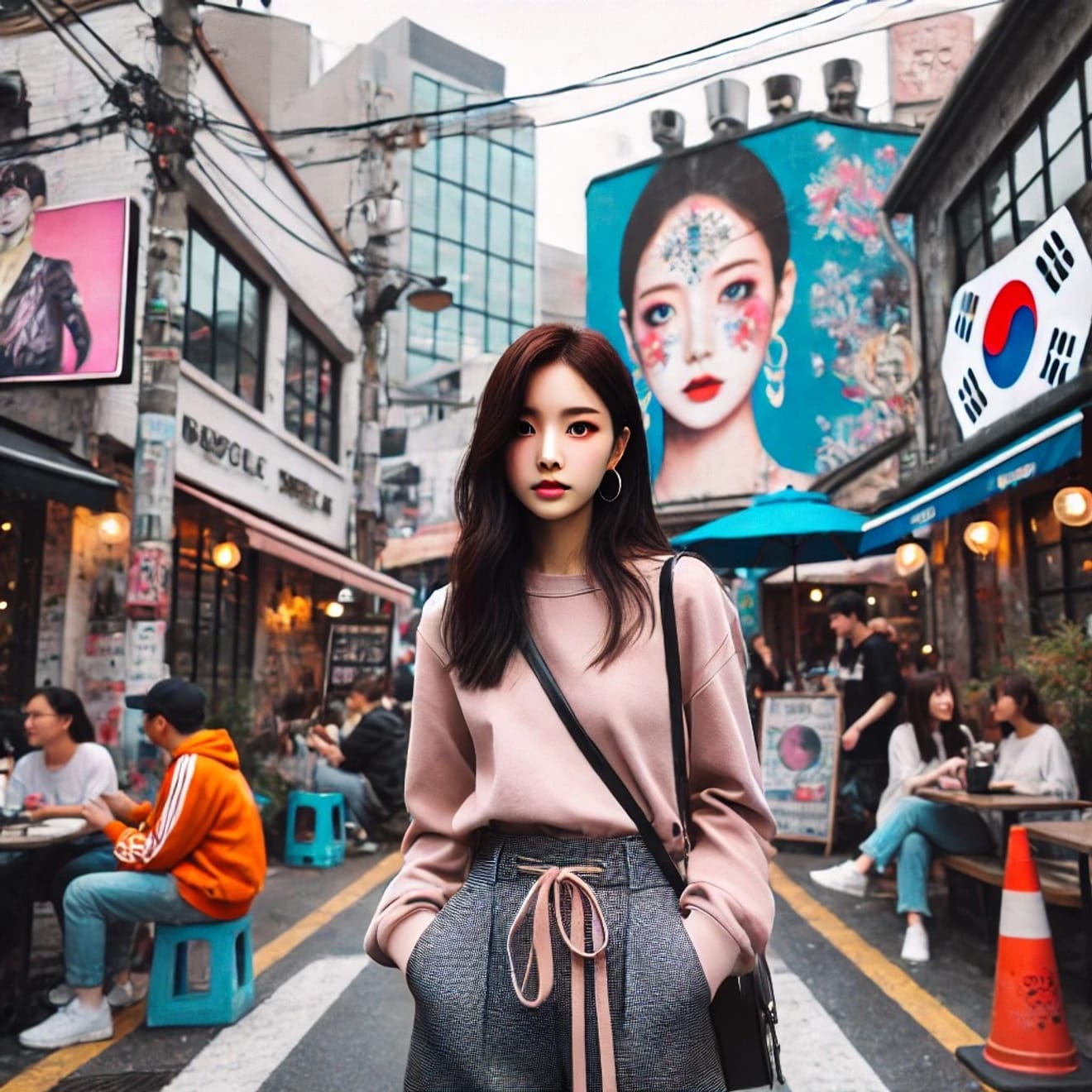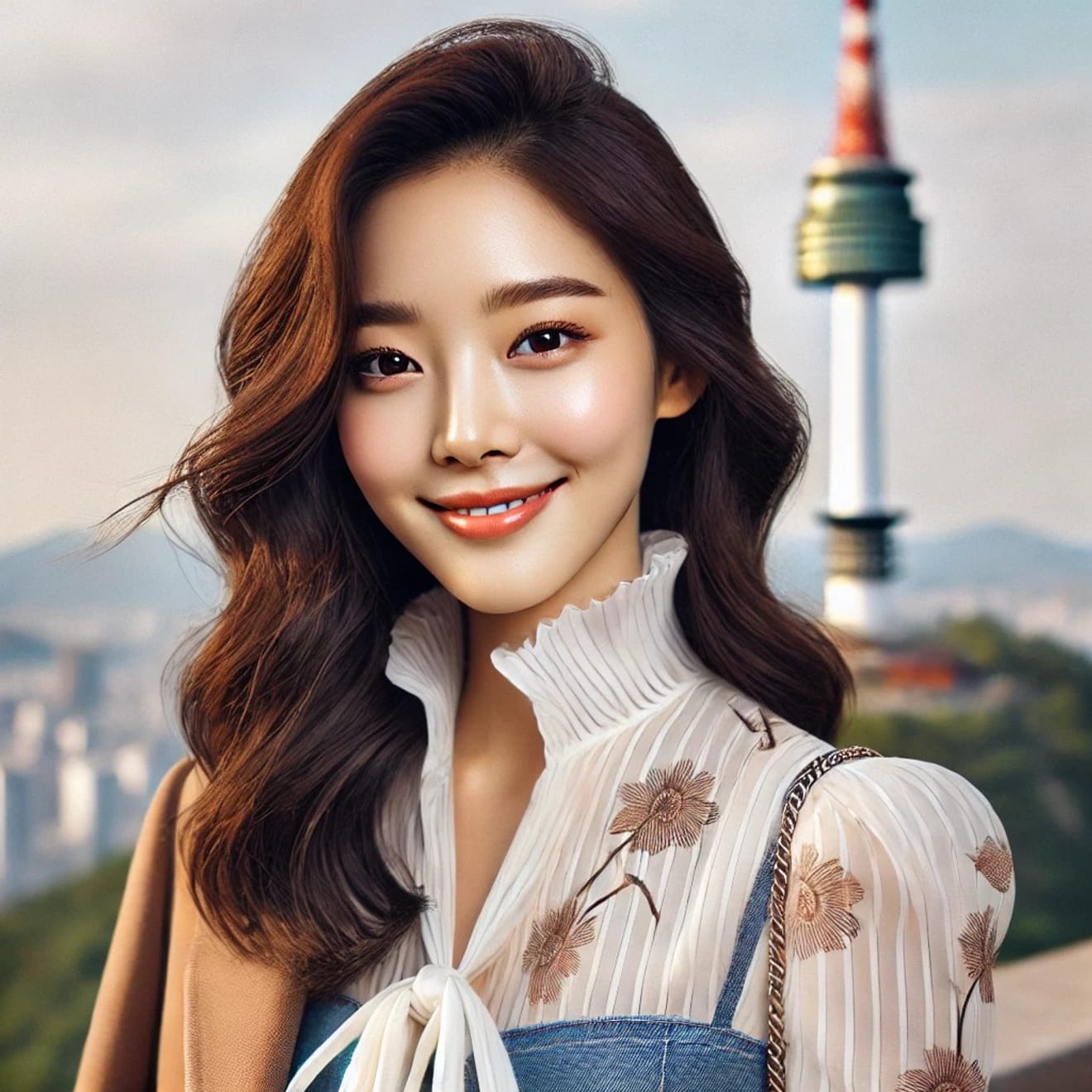Subject
- #Korean Culture
- #Experiences
- #Etiquette
- #Manners
- #Travel
Created: 2025-03-14
Created: 2025-03-14 15:18
Korea is a country where tradition and modernity blend to create a unique culture. For travelers or long-term residents, understanding Korea's cultural characteristics and social etiquette is crucial. Korea places great importance on politeness and respect, and certain behaviors or habits may be seen as impolite. For example, dining etiquette, attitudes toward elders, and behavior in public places are important aspects of Korean society. Understanding and respecting these aspects will lead to a smoother experience in Korea and help in building positive relationships with locals. This article introduces essential precautions and cultural differences that foreigners should know when living in or visiting Korea.

K-Pop, K-dramas, and K-beauty have gained global popularity, increasing interest in Korea. However, Korean culture is far more than just popular culture.
Many foreigners visit Korea, but often their experience remains superficial due to a lack of deep understanding of the local life and culture. That's why we've prepared this guide! We reveal essential aspects of Korean culture that only locals can explain.
1) Greetings – ‘Politeness’ is paramount in Korea
✔ Bowing as a greeting
✔ Using honorifics when speaking to elders is essential
✔ Exchange of business cards may occur upon first meeting
In Korea, a slight bow is common when greeting someone. A slight bow is considered more polite than waving.
✅ Honorifics must be used when speaking to older people or superiors. The distinction between informal and formal speech in Korean is very important, and using the wrong form can be disrespectful.
✅ When exchanging business cards in business meetings, it's customary to offer and receive cards with both hands. Instead of immediately putting the card in your pocket, read it briefly and place it on the table as a sign of respect.
💡 Local Tip
"Instead of a firm handshake, a slight bow is more natural when meeting a Korean for the first time."
2) Dining Etiquette – Mastering Korean Table Manners
✔ Don't eat before the elders start
✔ Don't hold your rice bowl; eat it while it's on the table
✔ When drinking with elders, turn your head slightly when drinking
In Korea, the eldest person should start eating first, and care should be taken when using chopsticks and spoons.
✅ Unlike in Western cultures, Koreans don't hold their rice bowls while eating. It's customary to eat with a spoon and chopsticks while the bowl sits on the table.
✅ In drinking situations, it can be considered impolite to drink before being offered a drink by an elder. Also, when drinking with elders, it is polite to turn your head slightly when drinking.
💡 Local Tip
"Koreans use both spoons and chopsticks together, and spoons are typically used for soup!"
3) Points to Note When Using Public Transportation
✔ Avoid phone calls on subways and buses
✔ Always leave the priority seating empty
✔ Line up to board and exit subways
✅ In Korea, it's considered basic etiquette to keep quiet on public transportation. Loud phone conversations on the subway or bus can be disruptive to other passengers.
✅ Subways have designated priority seating for the elderly, pregnant women, and people with disabilities; it's polite for non-priority passengers to avoid these seats.
✅ In Korea, it's customary to let passengers exit the subway before boarding. Queuing is common, so be sure to follow the line.
💡 Local Tip
"On Seoul subways, stand on the right side of the escalator; the left side is for walking!"

1) Traditional Experiences – Feeling the Roots of Korea
✔ Visit Gyeongbokgung Palace in Hanbok
✔ Experience Templestay at a Buddhist temple
✔ Experience a traditional tea ceremony at a tea house
✅ Visiting Gyeongbokgung or Changdeokgung Palace in Hanbok (traditional Korean clothing) offers a unique experience. Some attractions offer free admission to those wearing Hanbok.
✅ Templestay provides a special opportunity to experience Buddhist culture by staying at a traditional Korean temple. Enjoy meditation and temple food in a tranquil setting.
✅ Experiencing a tea ceremony at a traditional tea house allows you to directly experience Korean tea culture. Visit traditional tea houses in Insadong, Seoul, or Jeonju Hanok Village.
💡 Local Tip
"Hanbok rentals are readily available near Myeongdong, Insadong, and Gyeongbokgung Palace, with various colors and styles to choose from!"
2) Experiencing Modern Korean Culture firsthand
✔ Enjoy busking performances in Hongdae
✔ Sing K-Pop at a coin karaoke
✔ Enjoy "Chi-maek" (chicken and beer) at the Han River Park
✅ Hongdae street offers various busking performances daily, providing a chance to experience young Korean culture firsthand. Enjoy street performances and feel the local lifestyle.
✅ Coin karaoke offers an affordable way to experience Korean karaoke culture. Sing the latest K-Pop hits and enjoy yourself like a local.
✅ Enjoying "Chi-maek" (chicken and beer) at the Han River Park is a quintessential Korean leisure activity. Enjoy a picnic with friends on a summer night and experience Korean culture.
💡 Local Tip
"We also recommend renting a bicycle and cycling along the Han River to enjoy the stunning night view of Seoul!"

When visiting Korea, experiencing the local lifestyle firsthand, rather than just sightseeing, is the true essence of travel.
✅ Respecting Korean etiquette and culture will enrich your experience.
✅ Enjoy both traditional experiences and modern culture to discover the diverse charms of Korea.
✅ Interacting with locals is also key to experiencing the true culture of Korea.
🔹 Small habits are the first step to understanding culture. In Korea, even small actions can have significant meaning. By observing dining etiquette, being quiet on public transport, and not littering, you demonstrate respect for Korean culture.
🔹 Discover Korea's unique charm by traveling to various regions. Explore cities like Busan, Jeonju, and Jeju Island in addition to Seoul, experiencing different regional cultures. Just as Seoul’s modern atmosphere differs from Jeonju's traditional charm, each region has its own unique appeal.
Are you ready to deeply understand and experience Korean culture?
Comments0